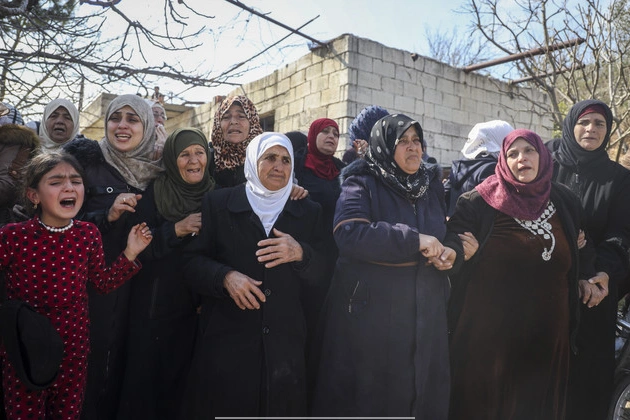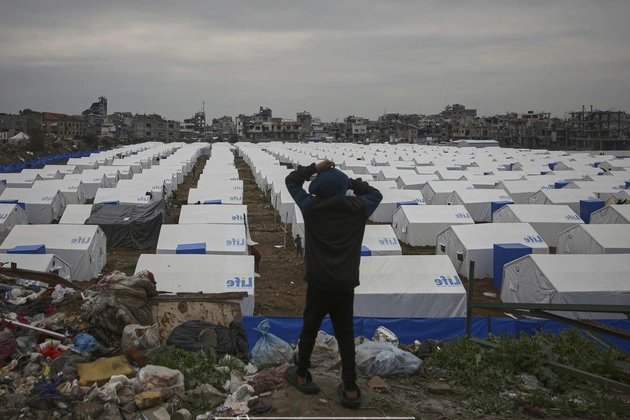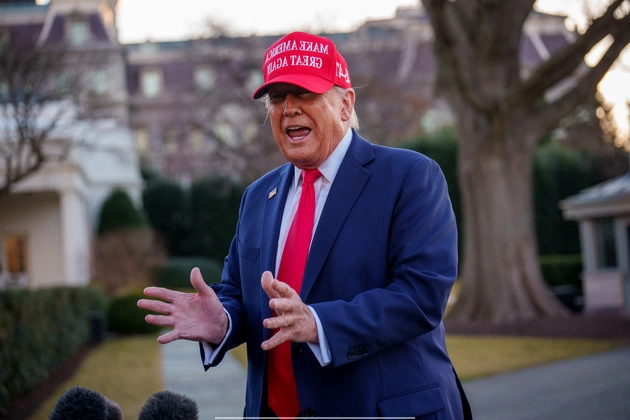
South Korean President Yoon Suk Yeol Detained by Law Enforcement
SEOUL, South Korea — In a significant law enforcement operation, South Korea’s impeached President Yoon Suk Yeol was detained at the presidential compound. Yoon, who had resisted attempts to question him regarding the imposition of martial law, finally complied with the warrant. Before being taken to the anti-corruption agency’s headquarters, Yoon expressed his concerns about the state of the rule of law in the country.
The Corruption Investigation Office for High-Ranking Officials confirmed Yoon’s custody after a relatively smooth operation compared to previous attempts. Following the detention, Yoon was escorted to the agency’s office for further proceedings.
Yoon’s prolonged stay in the presidential residence came to an end as law enforcement officers, along with the anti-corruption agency, took steps to investigate the martial law declaration. The agency, in collaboration with the police and military, is probing whether Yoon’s actions constituted an act of rebellion.
As the situation unfolded, tensions rose with concerns about potential clashes between law enforcement and the presidential security service. Calls for cooperation and restraint echoed from various political factions, reflecting the polarized views on Yoon’s presidency.
The ongoing legal battle, marked by Yoon’s impeachment and subsequent detainment, has gripped the nation’s attention. With the Constitutional Court deliberating on his fate, the political landscape in South Korea remains uncertain.
Yoon’s supporters and critics continue to voice their opinions through protests and rallies, underscoring the deep divisions within the society. While the legal proceedings unfold, the nation awaits a resolution to the crisis that has engulfed its leadership.















